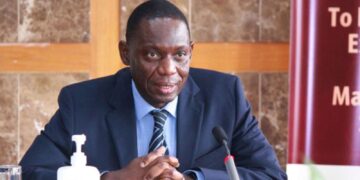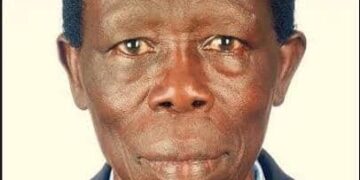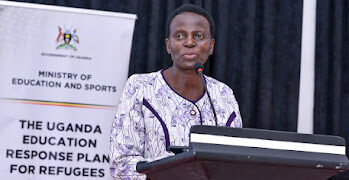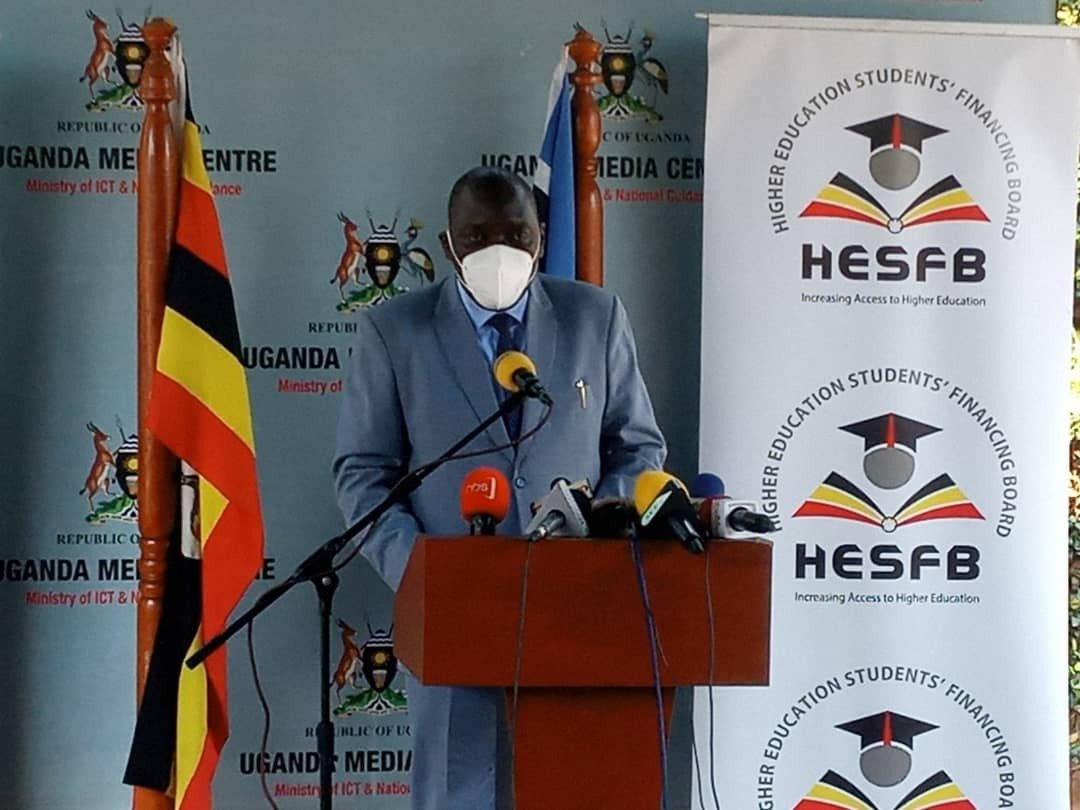The National Curriculum Development Center (NCDC) has responded to the decision by parliament to suspend implementation of the new education curriculum saying the issue has been politicized.
Grace Baguma, the Director NCDC said the review process has taken more than 20 years and all necessary steps have been taken prior to delivery of the new curriculum. She says the issue is technical and not for politicians.
“I think curriculum matters are not political but technical. We have been working on this issue for 20 years. Do you mean the politicians pronounced themselves on the current curriculum before it was introduced?” Grace Baguma said on Wednesday.
Parliament on Tuesday resolved to halt the new lower secondary education curriculum citing unpreparedness across all stakeholders. MPs argued that it’s so sudden and not well assessed. They also cited lack of manpower to effect the new curriculum which will adversely affect performance of learners.
She however said NCDC is waiting for a directive from the education minister on what to do next.
In the reviewed curriculum the number of subjects reduced from 43 to 21 in Secondary schools, Kiswahili is compulsory, while agriculture subject has been phased out. The aim they is to reduce content overload, reducing classrom hours, fostering learner-centered pedagogy, engaging competence based approach, and criterion referenced assessment.
NCDC says the purpose of the review is to produce a secondary school graduate with employable skills that are competitive in the job market. It is also intended to improve efficiency and effectiveness in curriculum delivery.
On Tuesday, the minister for primary education Hon. Rosemary Sseninde insisted that government will not halt the implementation of the new curriculum, and tabled in parliament the sample books guiding the new curriculum.
MPs comments during the debate before a resolution was passed;
Minister Hon Rosemary Seninde: The current curriculum was designed in the 1960s to address mainly producing the human resource for white collar jobs. The government currently has a different development agenda to address the country’s transformation.
Hon Abdu Katuntu: Is there a crisis in the education system? Yes there is. Has the problem been diagnosed? No it has not. We have argued over and over again that you need to invest in technical education because the number of students has gone up.
Hon Micheal Mawanda: If this is a competence based curriculum, why are you starting it in senior one and not primary one? Why are you creating an island in this curriculum? How can you implement something you have been preparing for 12 years in three days?
Hon Connie Nakayenze: Where are the inspectors to take care of the programme? We had the early child hood programme which was supposed to take care of children at the young age. Why are we jumping to the higher level and leaving the lower levels?
Hon Betty Nambooze: What did you have in mind in deciding which subjects were compulsory & optional? What perimeters did you use? How do you make agriculture optional? Where are we taking this country? We want change that is fair & where every stakeholder is consulted.
Hon. Abdu Katuntu: We should stop blaming the colonialists. We have been in power for over 52 years. How can you blame that system that it is responsible for our problems. We do things without thinking twice.We request you not to play with the future of our children.
Hon. Betty Nambooze: If you sit and plan better, we could do away with some of these subjects and also introduce the ones which we may have left out. Why did we leave out sign language which is now an internationally recognized language?
Hon. Seninde: The reduction on instruction time from 8:00am to 2:55 pm will create time for self-reflection by learners. This will be guided and supervised by the teachers, but also the plan is to have learners to be innovative and creative during this time.
Hon. Seninde: Private school teachers have been included in the curriculum review process & some participated in the writing of the curriculum as others have been trained as master trainers and they are now participating in the training of the 20,000 teachers nationwide.
Hon. Micheal Mawanda: Because of the low pay, you find a teacher working in 10 schools. How do you expect a teacher to make the 20% assessment of the learners?








































